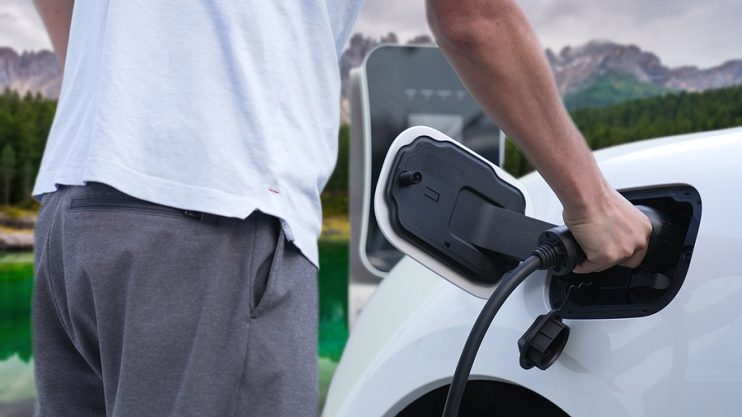
Any kind of social change is always treated with a degree of resistance. However, with the changes to the weather and the loss of the polar ice caps since the 1980s, we need to start challenging the effects that fossil fuel emissions from vehicles are having on the planet. Electrical vehicles (EVs) offer humanity a chance to segue into a more environmentally sustainable mode of transport.
As with all new developments, there will always be naysayers. Myths around electrical vehicles have cropped up in many conversations. In this article we do some of the heavy lifting for you – exploring some of the most common misconceptions about electrical vehicles and giving you the facts to talk with evidence and authority on the subject.
Table of contents:
- Not enough charging points
- National grid won’t cope
- Lack of range
- Too slow
- Too expensive
- Batteries won’t last
- EVs are worse for the planet
- Batteries end up in landfill
- Conclusion
Myth One: There’s Simply Not Enough Charging Points for EVs
According to research, the UK is up there with the best when it comes to the availability of charging points. There are over 31,000 charging points that exist between the North-most point of the British Isles (Shetland) and the South-most (Jersey).
Around 600 new facilities are added every month and it’s estimated that you’re never more than 25 miles away from a charging point. You might even be surprised to find that there’s nearly a million plug in vehicles currently on our roads too…
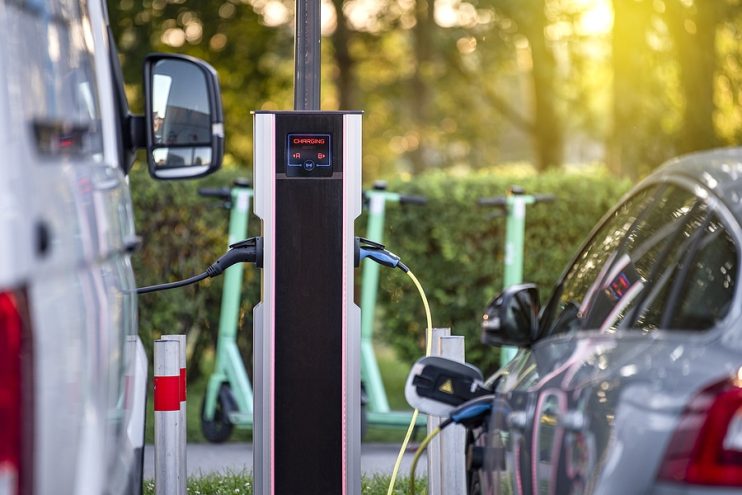
Myth Two: The Power Grid could not Handle the UK Changing Over to EVs
With current projections the government have actually estimated that electrical vehicles will only account for a more-than-respectable 20%-25% of the UK’s overall power consumption in 2050 – when there’s going to be many more of this type of vehicle on our highways. In fact the National Grid even states that if we all dropped our petrol powered cars for electrical vehicles tomorrow – it would only use 10% of the available capacity.
Ofgem is also modifying the power grid and smart charging (particularly at night when demand for power is low) will allow us to make the provisions necessary to get energy from renewables into our cars.
Myth Three: EVs Lack the Range to Replace Fossil Fuel Cars
Most families only use their car to travel an average of 50 miles per day, with most electrical vehicles having a range of around 200 miles. Many manufacturers have already announced plans to increase the range of their vehicles to an even greater extent. In 2018, Hyundai released the Kona Electric – which gives drivers the option to travel up to 300 miles on a single charge.
Drivers can also manage their on-road habits to increase range – by travelling within the speed limits at consistent speeds, maximising regenerative braking and ensuring that they are not carrying excess weight.
Myth Four: EVs are too Slow for Today’s Roads
Not only can electric cars match the performance of their petrol powered equivalents, in some cases they can actually exceed it. The direct drive systems (there’s no need for a gearbox with EVs) provide you with 100% torque after starting, giving cars like the Tesla S the power to go from 0 to 60mph in around 2.5 seconds.
The moment the driver pushes down the accelerator in an electrical vehicle – all of the power is instantly available. When it comes to moving from a standing start to gaining forward momentum, electrical vehicles make the fossil fuel dependent crowd look like yesterday’s news.
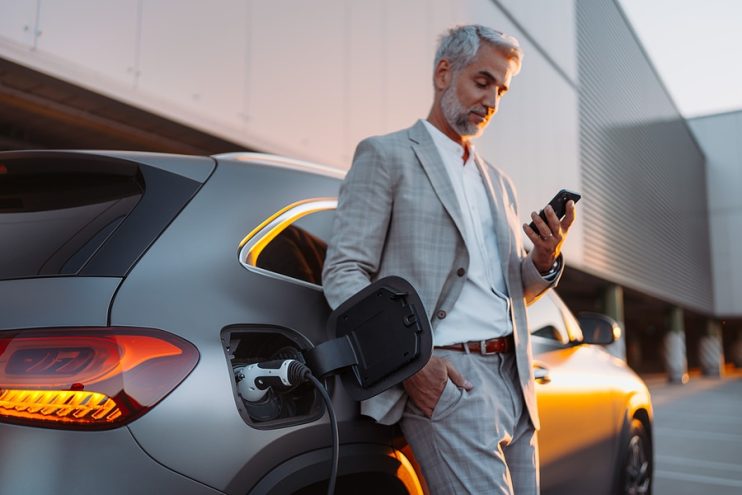
Myth Five: EVs are Beyond Most People’s Budget
Whilst electrical vehicles may cost more than most comparable fossil fuels when it comes to upfront costs – when you consider the total cost of ownership, factoring in fuel costs versus electricity – they are actually more cost effective to run. Industry trends also seem to indicate that EV production techniques are becoming increasingly efficient year on year – allowing manufacturers to pass on the savings to consumers.
Additionally electrical vehicles do not have to pay road tax and there are favourable tax rates for company cars that can further offset the initial expenditure. So, when you take in all the factors, the right EV is actually a very attractive proposition for the consumer.
Myth Six: An EV’s Battery Won’t Last the Distance
Obviously, a crucial part of any EV is the battery, holding charge and powering its motion and onboard systems. The standard length of a battery warranty is 8 years – which is good for 100,000 miles, with most batteries expected to continue working long after this period.
The UK government is taking the matter incredibly seriously, funnelling some £330m towards the development of world leading batteries in the UK.
Myth Seven: EVs are Actually Worse for the Planet than Fossil Fuel Powered Vehicles
Electrical vehicles were created as a sustainable, greener alternative to fossil fuels – so it would be strange if the industry had not engineered them to be more environmentally friendly that our current cars.
EVs do not emit greenhouse gasses and with our current switch to renewable energy sources, emissions associated with charging will only decrease. This has been proven in a government study, which states that when it comes to CO2 emissions, petrol cars lead the way with 211g per mile, diesels are second place with 179g per mile, but with 50% less emissions – electric vehicles only produce 73g per mile.
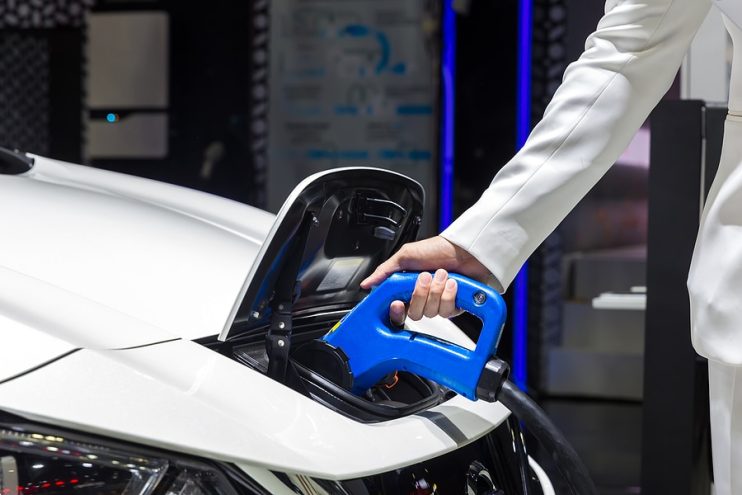
Myth Eight: EV Batteries will End Up as Landfill
With current technology around 98% of all battery components can be recycled and reused. Processing centres are designed to handle these batteries, whilst other companies repurpose the batteries as a key part of home solar energy systems. The UK is even working to create a chain of battery recycling within its borders eliminating the need to ship parts overseas.
And Finally…
The overall picture for EVs in the UK looks promising. Despite new car sales taking a downturn in 2022 – with the worst annual sales revenue since 1996, the stats for EVs paints a different story. The UK has the third largest number of EV users in Europe (behind the Netherlands and Norway) with current growth projections predicting that some 60% of the country will be using electrical cars by 2030.





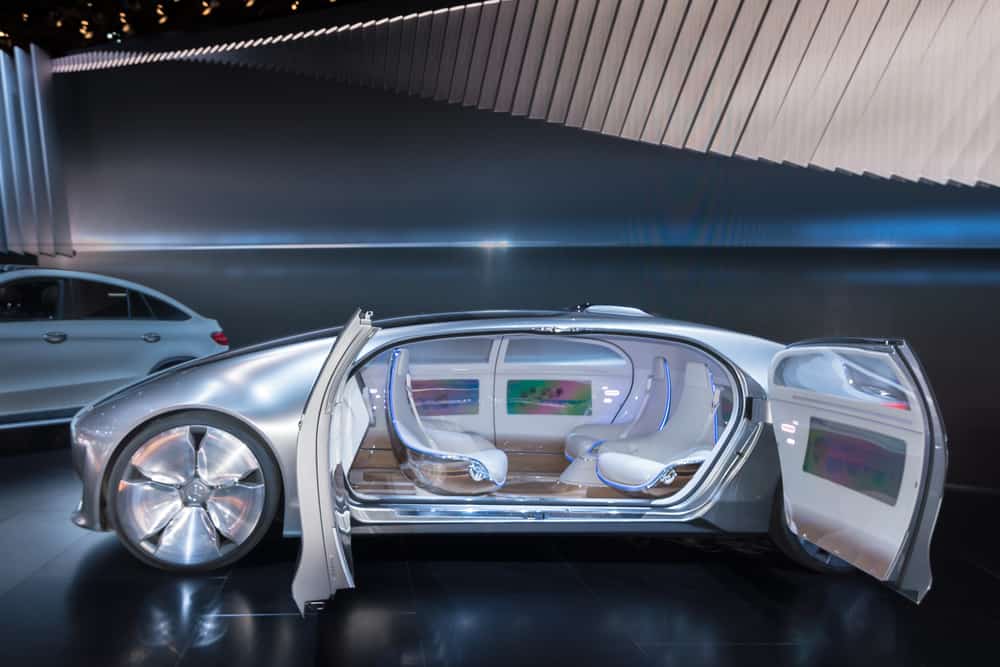


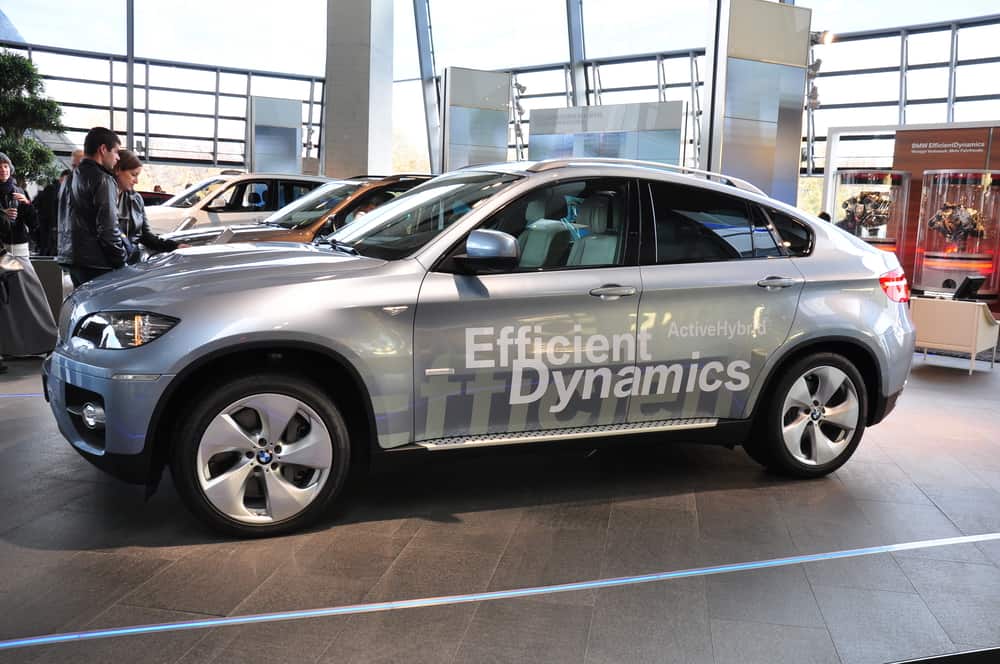

.png)